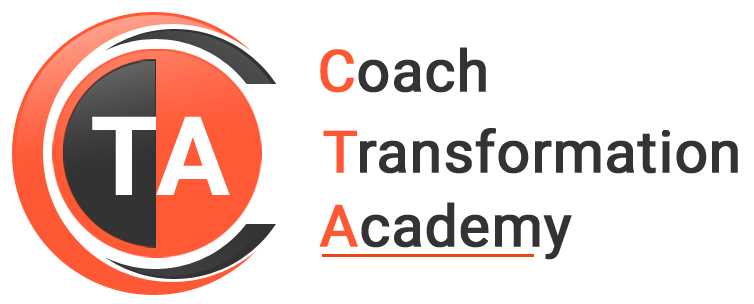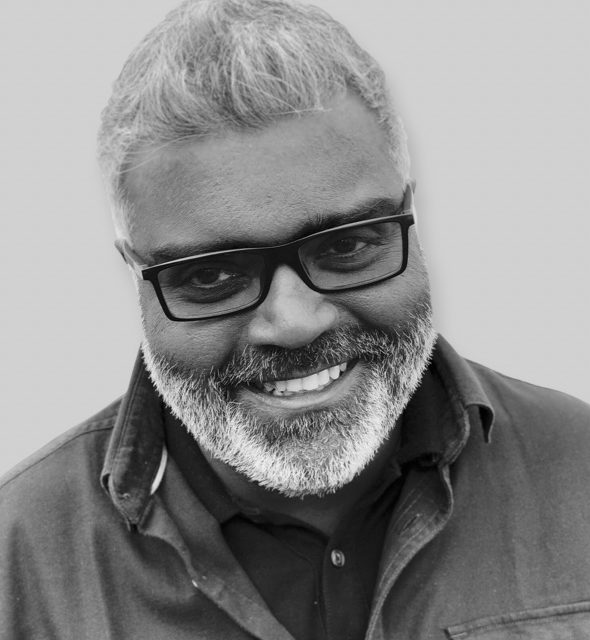
Global Thought Leader On Narrative Coaching
Professor David Clutterbuck is one of Europe’s most prolific and well-known management writers and thinkers. He has written some 70 books and hundreds of articles on cutting edge management themes. Co-founder of The European Mentoring and Coaching Council, for which he is now lifetime Special Ambassador, David leads a global network of trainer-consultant-researchers, Coaching and Mentoring International.
David is perhaps best-known in recent years for his work on mentoring, on which he consults around the world. His many books on mentoring and coaching include the classic Everyone needs a mentor, as well as Learning Alliances, Mentoring in Action, Mentoring executives and directors, Techniques in Coaching and Mentoring, andMaking Coaching Work, Coaching Teams at Work and Beyond Goals.
David has been responsible for the implementation, monitoring, and evaluation of highly successful mentoring and coaching programmes in numerous organisations around the world. His clients include many of the world’s multinational companies, non-governmental agencies and large public-sector organisations. He has also researched, published and consulted widely on Board performance and behaviour; and on talent management. His book, The Talent Wave kick-started the systemic talent management movement.
David is active in the UK research committee of the European Mentoring and Coaching Council and maintains an extensive and continuous programme of research in his own right. He is also active in a charity he co-founded to develop new ways of using mentoring-style approaches to support young people with learning or social disabilities. He is a trustee of several charities, including Mowgliand the London Comedy School, looking at the use of laughter for social well-being and prevention of youth crime. Among his current major projects is one to create five million school-age mentors.
David holds a PhD from King’s College, London, and a post-graduate diploma in coach supervision from Oxford Brookes. His academic work takes him to universities around the world. He is visiting professor in the faculties of coaching and mentoring at Henley Business School, (Reading University), Sheffield Hallam University, Oxford Brookes and York St John Universities. Among his many honours is acceptance as an honorary Maori.
David sets himself a new learning challenge every year — these range from skydiving to stand-up comedy. Among his not-for-profit roles is chair of the research committee of the London Comedy School, which investigates the use of laughter for social and mental well-being. His pastimes include writing humorous children’s stories, including My Grandad’s a Dragon and The Amazing Adventures of Hector, the Giant Flying Smelly Jellyfish.
Keynotes:
Team Coaching with the PERILL Model
David Clutterbuck shared some great and powerful insights on Team Coaching in this week’s episode. One of the most popular coaches and leaders of the world, David Clutterbuck is also known for his contribution to team and business coaching. An author of more than 70 publications and Co-Founder of the European Mentoring & Coaching Council, David is one of the early pioneers to leverage team coaching into modern business culture.
Here are the key takeaways from David’s webinar on “Team Coaching with PERILL Model”:
Team Coaching is the biggest, fastest-growing area of coaching. And offers a lot of value to both coaches and clients.
Why GROW Model no longer works
New research is being conducted by Nikki Terra for an AI coach that will use the GROW model. But the issue for coaches is dead from a professional level.
- The GROW model does not work for more complicated things. Even Sir John Whitmore, the inventor of the model, accepted that the model should have been VROW where V is for vision.
- Coaches need to up their game and offer a lot more.
We have to think systemically as coaches to deliver systematic results.
- Move past the linear thinking that comes from basic models (like GROW model), especially for organizations.
- For the teams in an organization, where someone directs everyone what to do does not work in a complex environment. And companies that are following this pattern are failing swiftly as they cannot respond to the fast-changing environment around them.
High-performing individuals put together do not make high-performing teams.
- Teamwork makes high-performing teams. A team of lesser performers typically outer perform when put together as a real team.
- You can only get better in your skills when you engage with the system around you, the team of people who report to you and who you report to you.
- The system is what drives the client.
High-performing individuals put together do not make high-performing teams.
- Increasingly, that system is more and more the team within its system as well. The faster it changes, the faster we have to focus on teams.
In a VUCA world, everything is about constant change.
- Focusing on the individuals becomes part of the problem, not part of the solution.
- We have to find ways of rewarding, recognizing, and developing teams rather than individuals in the future.
- Leaders basically aren’t the same as they were. The kind of leadership we saw decades ago doesn’t work in a modern complex environment.
- And that’s why we have to constantly adapt and change at the individual level, team level, functional level, organizational level, and also at a societal level.
The aim of Team Coaching
- In team coaching, we take things further. Think of a one-to-one coaching conversation with a client, and then bringing in a third person, maybe the boss of the client. Every additional person we bring into this system is a concrete increase in complexity. Which is not exactly doubling.
- In doubling, there’s a common pattern in complexity and we can simplify it to a certain extent. But with a team (of 8 or 10 members), the complexity is almost 15 to 20 times more than in a one-to-one relationship (coaching).
- We’ve got to be far more skilled and capable of working with uncertainty than we ever were before.
- Team Coaching helps the team to future-proof itself, develop clarity of how it’s evolving and how its environment is evolving.
Team Coaching is often confused with…
- Team coaching is not coaching team members individually although you might do that as well.
- It’s not having a strategy away day although you can include team coaching in a strategy away day.
- It’s certainly not team-building.
- Team facilitation when done well is brilliant but it addresses a specific issue. It’s not about increasing the capability of the team, it’s about a fix.
- For continued growth and evolution of the team, we want the team to be able to fix itself. That’s what team coaching does for organizations.
Team Coaching Standards & Competencies
- EMCC was the first to produce team coaching standards. ICF recently produced team coaching competencies.
The developmental conversation
- Mentors have the experience they bring and their experience enables them to ask better questions and also offer context. The context is contrary to advice.
- Most mature coaches blend coaching and mentoring together. They integrate their experiences and skills to support someone in a much more powerful way.
- Becoming a mentor is actually a part of the evolution into a mature coach.
- The same thing applies to individual coaching as to team coaching. If you want to become a team coach, the starting point is learning how to support a team leader in conversation he/she needs to have with the team.
Definition of Team Coaching
- A learning intervention designed to increase the collective capability and performance of a group or team, through the application of the coaching principles of assisted reflection, analysis, and motivation for change.
Performance, capability, and capacity – what teams need to focus on in the future
- Performance is about improvements in how the team functions now
- Capability is about how the team will continue to perform in the future
- Capacity is about achieving more with less
Hackman’s 6 conditions for a high performing team
- Ream team (interdependent, bounded, stable)
- A compelling direction
- Having the right people with skills and abilities to work together
- A clear team structure (a team of more than 8 tends to lose its effectiveness)
- Supportive organizational context (does the organization support and want the team to succeed)
- Competent team coaching (having a coaching mindset)
PERILL: 5 Pillars of high-performing teams
- P – Purpose and Motivation
- E – External processes and systems
- R – Relationships
- I – Internal processes and systems
- L – Learning processes
- L- Leadership
The Team Coaching Process
- Discovery
- Contracting
- Learning together
- Withdrawal
- Evaluation
Ultimately, the objective of team coaching is to make ourselves as team coaches obsolete. We enable the teams to coach themselves.
We hope you found our webinar with David Clutterbuck intriguing and useful.
A big shoutout to David Clutterbuck for sharing his experience and work on the PERILL model!
Check out our entire video to know more about what is team coaching, how it’s changing the organizational culture, and helping teams navigate through complex work systems.
Subscribe to our YouTube Channel to learn more from coaches all around the world.
Stay tuned for the next episodes!




